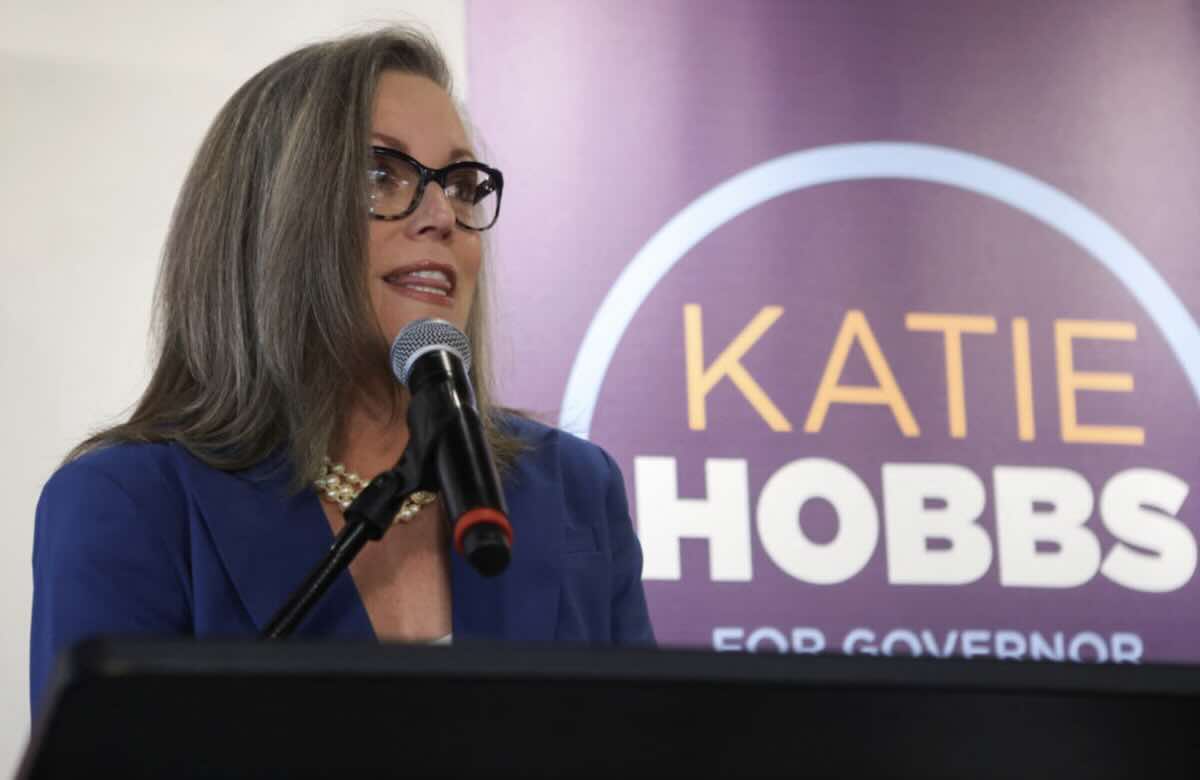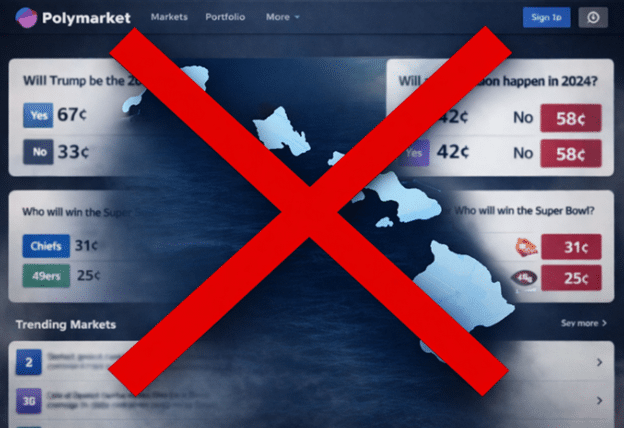
Gambling analysts warn Minnesota lawmakers of the harms behind sports betting

Key Points
- The analysts used collected data from states where sports betting is legalized to make their arguments, such as credit scores, debt consolidation and bankruptcies
- Klein also argued that sports betting will happen in Minnesota regardless of law due to players having access to offshore operations
Gambling analysts in Minnesota have begun to warn lawmakers about the potential threats of legalized sports betting in the state following a recent announcement from Senator Matt Klein.
Klein has carried numerous bills in order to legalize sports betting in recent years, and stated on January 7 that he intends to introduce another sports betting legalization bill when the Minnesota legislative session begins in the coming days.
His bill would reportedly create a Minnesota-based problem gambling hotline, prohibit advertisements targeting minors or problem gamblers, ban push notifications that promote wagering, require a three-hour waiting period between the time funds are deposited and when they can be used and prohibit prop bets on college sports.
University of California, Los Angeles (UCLA) professor Brett Hollenbeck presented his analysis concerning gambling trends at a Senate hearing prior to the legislative session beginning.
Hollenbeck presented his analysis of credit scores, debt consolidation and collections data, bankruptcies, car loan delinquencies and more in states that allow for sports betting compared to those that don’t. Across nearly every metric, residents of states that legalized sports betting had worse outcomes than those in states that still prohibit sports gambling, according to his research.
Good to know: Running Aces Casino in Minnesota recently released a letter of support for a potential sports betting market on November 7
Using bank and credit card transaction data, Scott Baker of Northwestern University and his colleagues found that people who bet on sports are more likely to overdraw their accounts, have higher credit card balances and invest less than those who do not gamble on sports.
Sports betting opponents in Minnesota argue that the large companies operating sports books employ predatory tactics to ensnare gamblers and encourage heavy gamblers to keep making bets. One example shown was how certain operators will utilize a VIP program for bettors who spend a certain amount of money.
Tags/Keywords
Players trust our reporting due to our commitment to unbiased and professional evaluations of the iGaming sector. We track hundreds of platforms and industry updates daily to ensure our news feed and leaderboards reflect the most recent market shifts. With nearly two decades of experience within iGaming, our team provides a wealth of expert knowledge. This long-standing expertise enables us to deliver thorough, reliable news and guidance to our readers.






